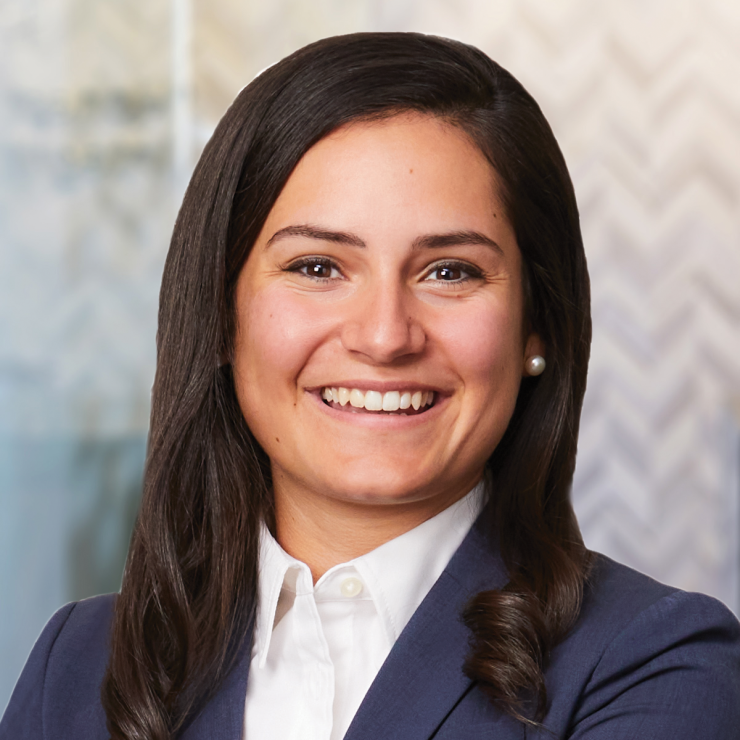But in the face of
Milwaukee-based regional firm Baird thinks it has found a solution to
In recent years, the Baird programs reported an attrition rate far lower than what research firm Cerulli Associates has said is an
The attrition rate for "next-gen FAs" in FATP since 2018 has been only 10%, and the attrition rate for Foundations graduates hired in the past five years was only 28%, according to emailed statements from a spokesperson for Baird.
Read more:
"There is a great need to not only have, say, children of FAs or close family friends come into the business and take over as the successor for some of these teams, but to have a firm pipeline of well trained, well versed, hopefully already licensed associates to be able to come into that role as well," said Anita Volk, the next-generation talent manager for Baird's Private Wealth Management team, in an interview.

The
"They should be thinking about what they're going to be doing with their book of business, whether that's combining with another team at Baird, selling their book or ideally bringing on another partner to grow their team," Volk said.
The Foundations program gives career changers with entrepreneurial drive an opportunity to learn from advisors in a rotational training program that can last up to two years, at the end of which they can sit for a CFP exam and try to get hired by one of the teams across the roughly 160 branches in Baird Private Wealth Management. It teaches them key skills of client communication, prospecting and handling objections, and helps them get acquainted with different teams at Baird to see who might be a fit as their future employer.
The firm declined to share pay information for those in a Foundations program, but an undated document from the Baird website said
The program draws many applications but only selects around 10 to 15 candidates per year, Volk said, adding that it is intended to be a referral source for those who may come from a variety of diverse backgrounds — geographically, but also in terms of race, gender and ethnicity.
"We need people who were not previously thinking of going down this career path to consider it, for us to be able to keep pace with the number of retirements going on," Volk said.
Firms that hire career changers could have the advantage of bringing on access to contacts in another industry, said recruiter Mark Elzweig of Mark Elzweig Company LTD. "This gives them a niche to cultivate for new clients. They also bring with them the maturity to engage older prospects with accumulated wealth."
"They feel really well equipped to have a full career in this industry and are not just being thrown into it after a few months of training," Volk said of the program's success for trainee advisors. Those who are hired by a Baird team will be referred to FATP.
FATP lasts five months and hires around 44 to 50 young advisors each year as essentially junior advisors on teams that select them after a rigorous two-month vetting process and sales skills test, Volk said. Participants receive workshops to understand their teams' goals and coaching to hold them accountable for those goals, while they work full-time on the team.
Read more:
Most importantly, FATP participants get the benefit of a special due diligence process that Volk said is distinct among industry peers for its extensive dialogues and encouragement of full transparency from advisors' managers on what they're looking for — a process almost akin to "having a long counseling with a counselor before you get married," she laughed.
So often, such relationships in the industry lack this critical getting-to-know-you period, Volk said. Even though a young advisor appears to be joining a team, the lack of communication and transparency on how to do their job might leave them feeling alone. "The reality is, there's nothing tying them to the team in anything other than title."
A well-meaning manager might hesitate to tell new advisors what is expected of them, thinking for example that they won't need the advisor to win clients on their own.
"But when push comes to shove," Volk said, firm partners often have unspoken expectations. They might realize, through Baird's due diligence conversations, that they actually would be disappointed if the junior advisors "don't bring in X amount of assets," for example.
Or they might be at odds with a young advisor's vision of how compensation works, how many hours they should work or whether the job can be done remotely, among many other considerations.
Many advisors who have gone through the process found it helpful to put "all the cards on the table" in this way, Volk said.
When new advisors join teams in which they get mentorship and are clearly aligned with team goals, "their chances of success are much greater in this model," Elzweig said.






